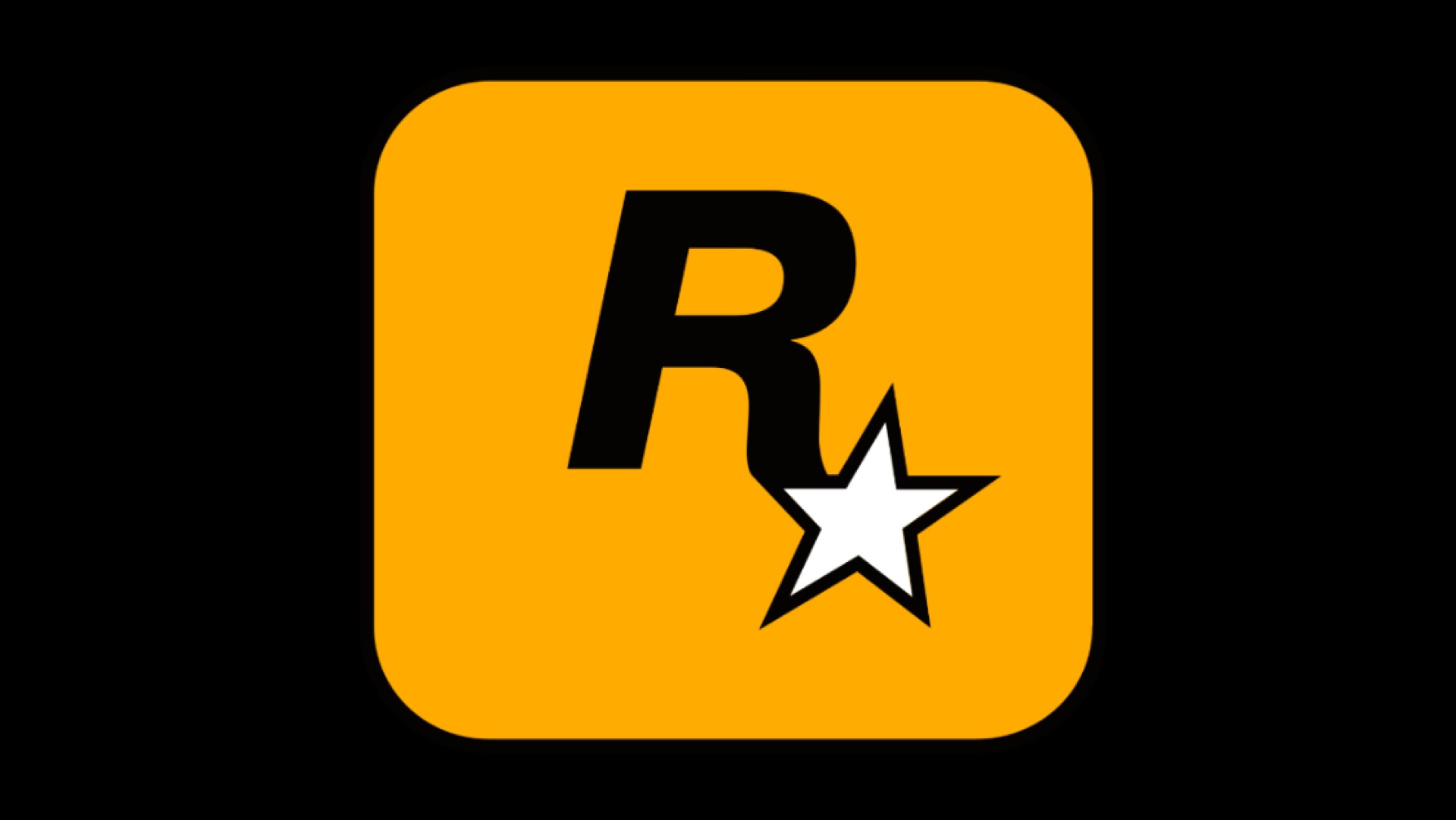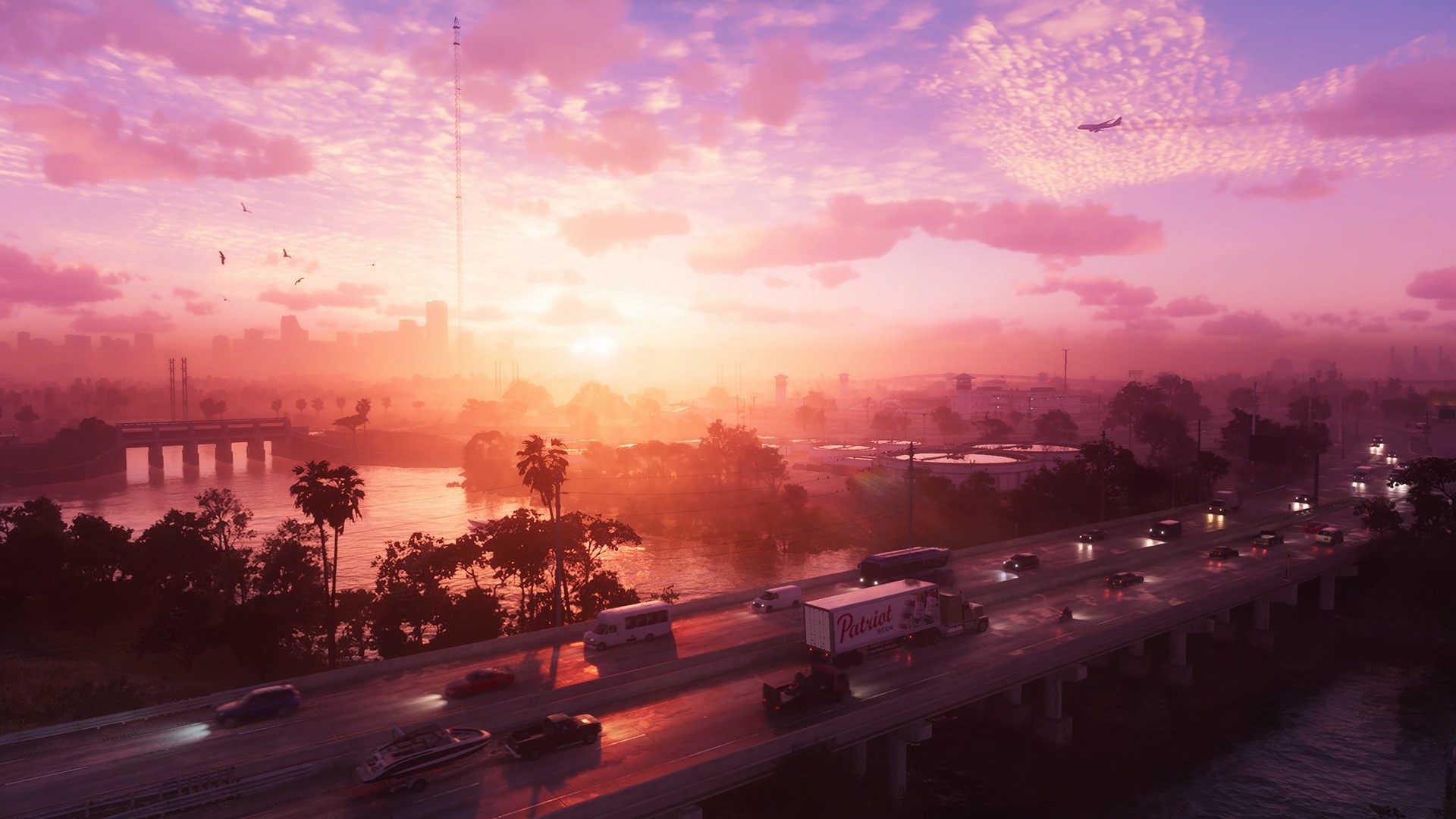
As a long-time fan of Rockstar Games, I’ve witnessed their meteoric rise and the profound impact they’ve had on the gaming industry. From the sprawling streets of Liberty City to the dusty trails of New Austin, Rockstar has consistently pushed boundaries and redefined what is possible in video games.
In terms of unrivaled quality, only a handful of names in the gaming world garner the level of esteem that Rockstar Games consistently achieves. Over a span of more than two decades, this company has repeatedly produced genre-defining masterpieces, such as various Grand Theft Auto games, Red Dead Redemption and its sequel, Bully, and the Midnight Club series. Compared to most others, Rockstar’s combination of critical acclaim and commercial success in their games is nearly unparalleled.
It’s often been pointed out in conversations about Rockstar Games that they release games much less frequently compared to the past, a trend that has become increasingly noticeable over time. For example, Grand Theft Auto 6, expected next fall, will mark seven years since Red Dead Redemption 2 was released, which followed Grand Theft Auto 5 by five years. In the span from 2013 to 2025, Rockstar is only planning to release around three main titles if Grand Theft Auto 6 doesn’t encounter any delays.
Let’s examine this year’s output against the company’s past performance, using the Xbox 360 era as an example. In that timeframe, we witnessed releases like Grand Theft Auto 4, its expansions, Grand Theft Auto 5, Red Dead Redemption, Red Dead Redemption: Undead Nightmare, Midnight Club: Los Angeles, L.A. Noire, and Max Payne 3. Alongside these console titles, they also published games such as Grand Theft Auto: Chinatown Wars, Grand Theft Auto: Vice City Stories, Grand Theft Auto: Liberty Stories, among others. This was an astounding number of games in just a few years, with the vast majority being at least very good, if not exceptional.
Examining the current list of games suggests that Rockstar Games has significantly reduced its game offerings. Whereas they previously produced a wide array of games across various genres and platforms, today, if it’s not developing Grand Theft Auto or Red Dead Redemption, it’s not producing any game at all. Moreover, these games are exclusively released on high-end machines, disregarding other platforms. Essentially, Rockstar has narrowed its focus to only a few major titles, sacrificing variety for the sake of focusing on their biggest successes.
One plausible explanation for that occurrence is the immense popularity of “Grand Theft Auto Online,” which initially served as an additional multiplayer feature for “Grand Theft Auto 5.” Over the years, it has evolved into a phenomenon unmatched in its category. The sales of “GTA 5” have skyrocketed past 200 million units, thanks to “GTA Online,” and it continues to generate enormous profits for Rockstar Games and their parent company Take-Two Interactive through microtransactions. For a company like Rockstar with a rich history of success, the success of “GTA Online” is truly unprecedented.
Due to the massive profits generated by GTA Online, it’s not surprising that Rockstar has been primarily dedicated to this multiplayer game. It might not solely account for them abandoning smaller, innovative projects, but it certainly influences their decision-making. For instance, they wouldn’t want to divert the team working on GTA Online to develop something else like Midnight Club or a handheld game. Furthermore, it significantly contributes to the absence of single-player DLC from Rockstar in the last decade. Neither GTA 5 nor Red Dead Redemption 2 received single-player expansions, despite their predecessors having impressive ones. This is because the effort put into both online components likely played a significant role in this decision, even though Red Dead Online didn’t achieve the same level of success as GTA Online continues to enjoy today.

Absolutely, it’s worth noting that GTA Online isn’t the sole factor behind the reduced frequency of Rockstar releases. In fact, if you’ve been keeping up with the gaming industry, you’re aware that the costs and timeframes for game development have skyrocketed in recent years. A typical AAA game now takes about 4-6 years to develop on average. However, when you consider the expansive size, intricate detail, meticulous quality, and massive scale of a Rockstar flagship game, even the standard AAA development timeline appears insufficient.
Rockstar Games, indeed, outshines many of the biggest AAA game studios in terms of size and financial resources. With thousands of workers and an unmatched financial backing, Rockstar can dedicate more time and resources to its games compared to most other publishers. Yet, it’s not shocking that games like ‘Grand Theft Auto 6’ and ‘Red Dead Redemption 2’ are taking as long as they are to develop, given the high level of detail and quality required across such a vast scope. This extensive workload, inevitably, has human implications, and Rockstar has faced controversy concerning crunch and overworked employees on multiple occasions. However, it’s encouraging to know that Rockstar seems to have made strides to address these issues.
Certainly, such game development decisions aren’t within Rockstar’s immediate grasp. To create the groundbreaking games like “Red Dead Redemption” and “Grand Theft Auto,” Rockstar requires substantial funds and ample time. And truth be told, if a release from Rockstar doesn’t meet their usual high standards, it will encounter significant opposition and resistance from its dedicated fanbase.
As an ardent fan, I can’t help but ponder if Rockstar Games might consider broadening their horizons beyond the phenomenal success of “Grand Theft Auto” and “Red Dead Redemption.” It’s a dream to imagine them diversifying their portfolio once more, introducing new titles alongside their flagship releases.

Rockstar Games can afford to spend time perfecting their games because GTA Online consistently generates income for them. If this revenue source were ever to disappear, the studio would need to reconsider its approach, but given current trends, it seems highly improbable that Grand Theft Auto 6 and its online counterpart will underperform significantly enough to cause such a scenario.
Please take note that the opinions shared within this article belong to the writer individually, and may not align with the collective stance of GamingBolt as a whole.
Read More
2024-08-12 02:12